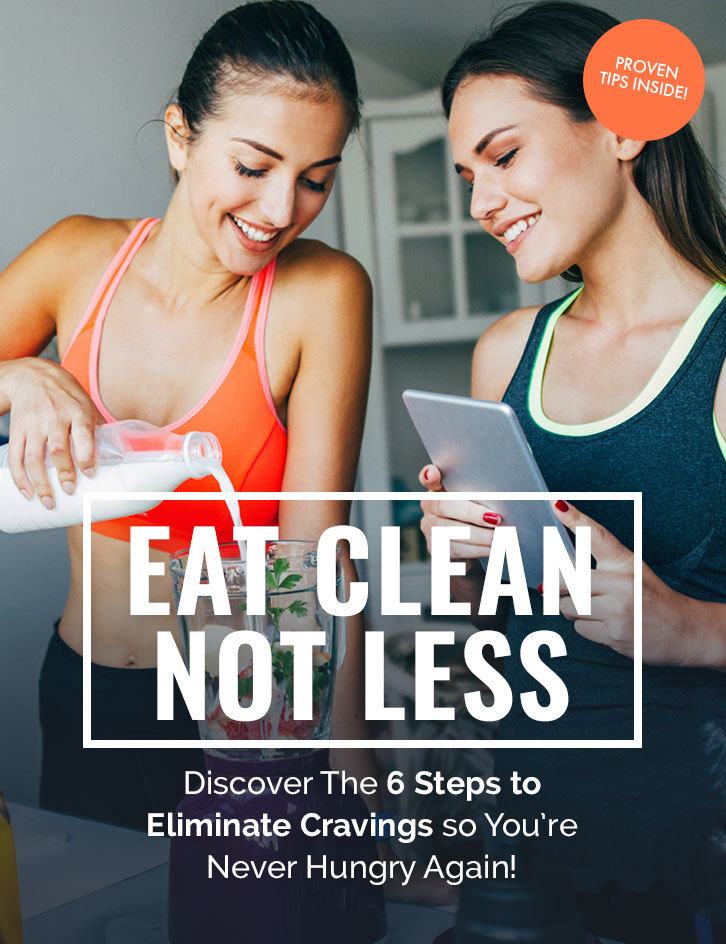From weekend warriors to Ironman finishers, performance is directly tied to diet. If you want to train at the peak of your ability and recover quickly, you must be intentional about what you eat, taking care to feed your body what it needs. Trying to work out with a body that is starving for essential nutrients will end only in frustration; and frustration eats your momentum and resolve with a voracious appetite.
Make the most of every minute you work out by fueling your body sensibly. Let’s look at the basics.
Nutrition 101: the foundation
The big three nutrients that you need to be concerned with are carbohydrates, protein and fat. An eating strategy that balances these three macro-nutrients will skyrocket your fitness results.
- Carbohydrates: Some have argued that carbohydrates are the most important nutrient that an athlete consumes, because carbs fuel muscle. Every time you move one of your muscles, you are using carbohydrates. Your body breaks down carbs into sugars and then stores them in your muscles and livers. If you eat more than can be stored in either of these two places, the excess is stored as fat in your body.
Good sources of carbohydrates include whole grains, vegetables, fruits and beans.
- Protein: In order to build muscle, you must have protein. Muscle is the foundation of every athlete: without a solid muscle base, you will be ineffective any fitness pursuit. Muscle also plays an important role in protecting you from diabetes. The more muscle you have, the more efficiently your body can uptake glucose from your bloodstream.
It is important to eat protein daily, because your body cannot store protein very easily. Protein from animal sources is the easiest way to get complete protein, but plant-based proteins can be combined to provide complete protein as well.
- Fat: It is unfortunate that fat came under such fire during the last decade or so. Fat is essential and you need a lot of it. The key is to know what kind of fat to eat. Avoid anything that is hydrogenated or partially hydrogenated. These fats are also called trans-fats and are very unhealthy. Instead try to get the majority of your fat from olive oil, coconut oil, nuts, seeds, avocado, wild-caught fish and free-range animal products such as butter, cheese, yogurt, beef and poultry.
Finding the balance
If you are like many people, you are often confused about how to balance out the different kinds of foods you eat. It seems as though there is a new diet promotion every day, promising all sorts of miracles.
The key, however, to fueling your body for peak performance is balance and moderation. In The New Rules of Lifting for Women, Cassandra Forsythe insists that eating a ratio of 40/30/30 (carbohydrate/protein/fat) will bring the best results. Start here and then adjust the ratios to see what best suits your body.
Remember: you must give your body what it needs to perform. If you don’t, you will end up tired, weak, and prone to frustration because you won’t have the energy or strength to work out. The better you fuel your body, the better it will serve you in your pursuit of fitness and health.



